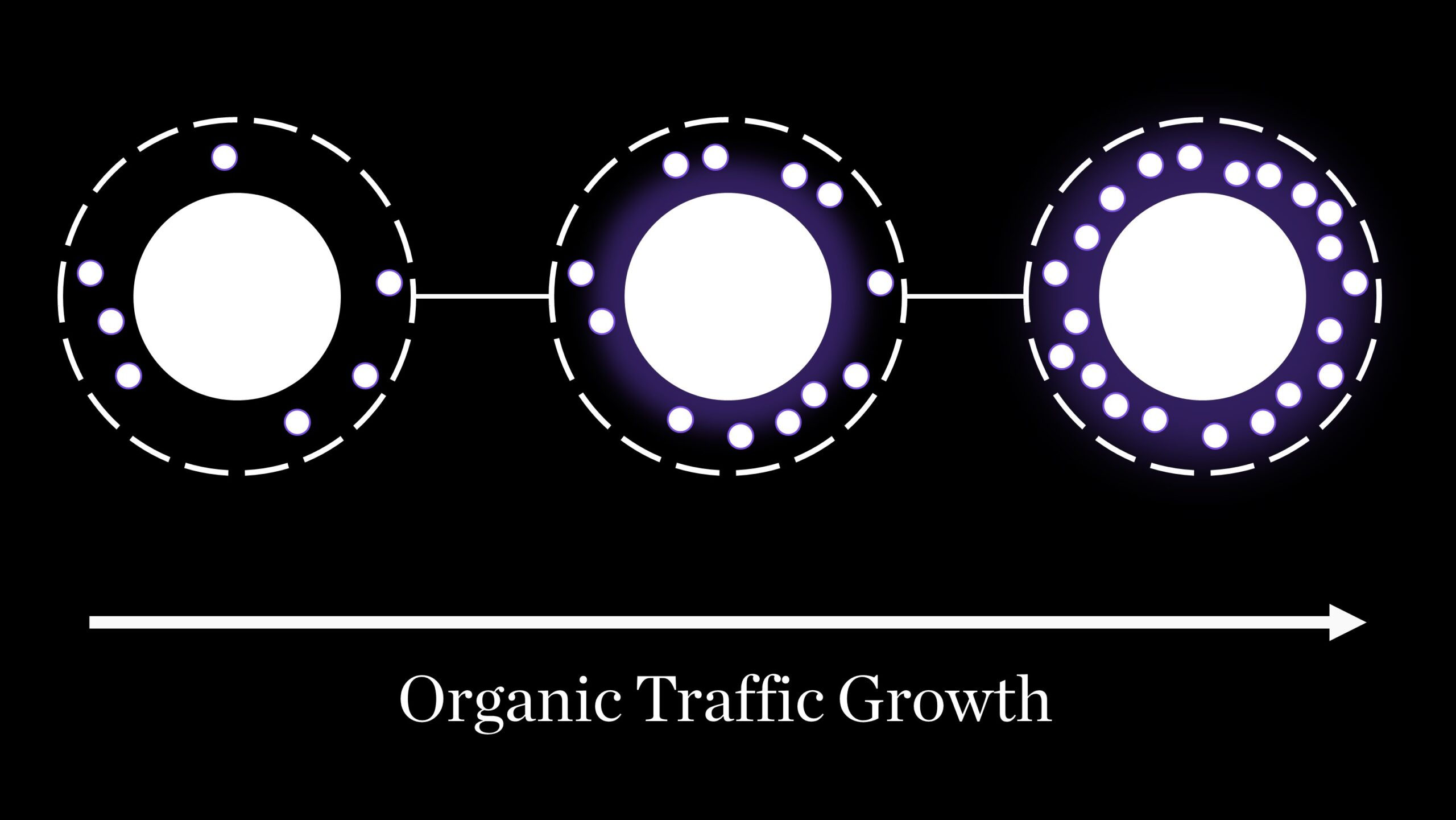Article last updated on September 18, 2022
It can take a few weeks or up to a year to get organic traffic depending on many factors, such as your quantity and quality of your blog content, domain relevancy, keywords, and more.
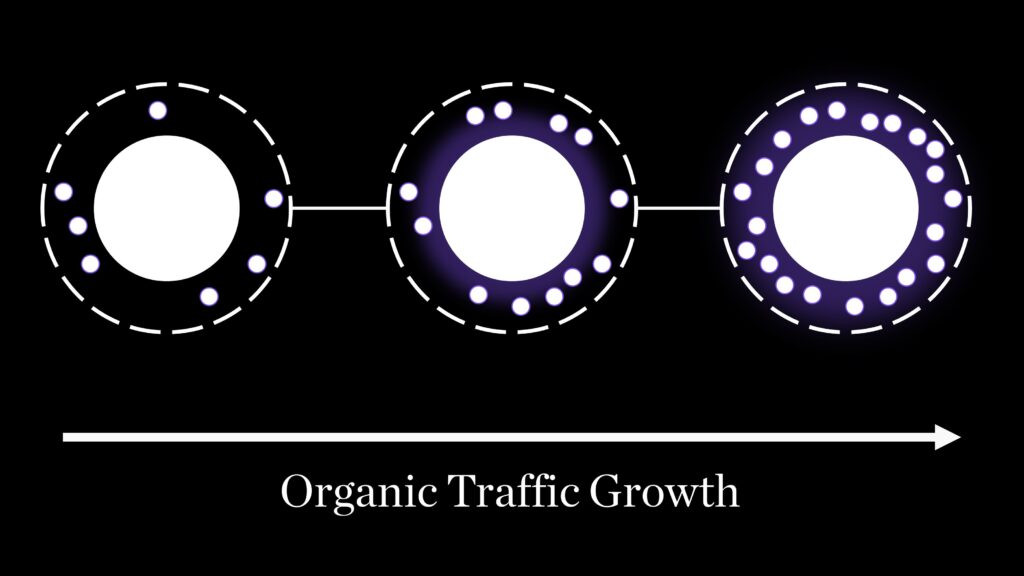
There are many things that affect the amount of time it takes to get organic traffic. The most important factors are keyword research and content creation. With keyword research and content creation, you can reduce the amount of time it takes to get organic traffic.
But in this article, we will try to uncover why some websites have more organic traffic and what the factors are to acquire it faster.
Getting Organic Traffic: Timeline
A typical timeline for getting organic traffic is broken down into up to 6 months because it takes time to complete all the steps to make sure you get organic traffic.
The entire timeline could be divided into three parts.

- Prerequisites for organic traffic, which means your website must meet certain requirements before you start getting organic traffic.
- Actual work for organic traffic, which means creating content to attract visitors from search engines.
- Post work to get more organic traffic, which means improving your site so that it gets better rankings.
Just keep in mind that I will not try to overwhelm you with technical stuff here. Search engine optimization is very complicated and there are tons of different ways to do it, but I want to give you a practical timeline and actual factors that affect how long it takes to get organic web traffic.
Prerequisites for organic traffic

Before you even think about starting to create content for your website, there are several prerequisites that need to be met first. For example, there’s no point in trying to get organic traffic if you are in a very competitive niche with tons of competitors already.
So, that’s why first we need to fulfill certain criteria before we can start working on our content strategy and get more organic traffic.
1. Market research

Market research is an essential step for having a successful business and it is essential for acquiring organic traffic. Market research can help you find out what people want and how they might respond to different products and services, which can be useful in a range of ways.
For example, it can help you find out if a product or service is likely to be popular with consumers, which can allow you to decide whether to go ahead with production and marketing. It can also help you identify potential markets for your product or service, so that you can decide how best to reach them.
In addition, market research can help you understand the needs of your target audience and determine how best to meet those needs. By doing this, you can ensure that your product or service is as good as it can be.
You can do this by using Google Trends, but personally, I use a few tools to combine data and then help clients get more accurate and predictable data.
2. Competitor website analysis
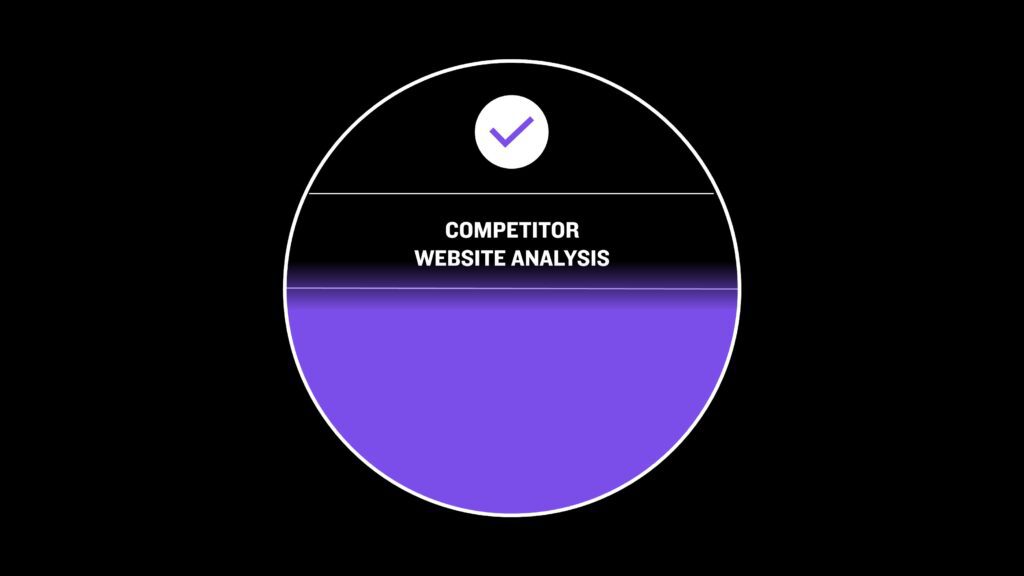
Once you’ve done your market research, it’s time to look at your competition. This is where you’ll learn everything you need to know about your competitors’ strengths and weaknesses. You should see if you have a potential advantage over them.
This step may seem like common sense, but many businesses don’t take enough time to do it properly. If you’re just looking at one competitor, you’re probably missing out on valuable information. Instead, you should consider looking at multiple competitors.
When doing this, you need to keep in mind if you have a brand-new website or an established one. If you have a new website, you should pay attention to your competitors’ domain authority, and your domain URL should not look weird.
So try to avoid numbers or hyphens in your domain URL.
3. Keyword research and selection
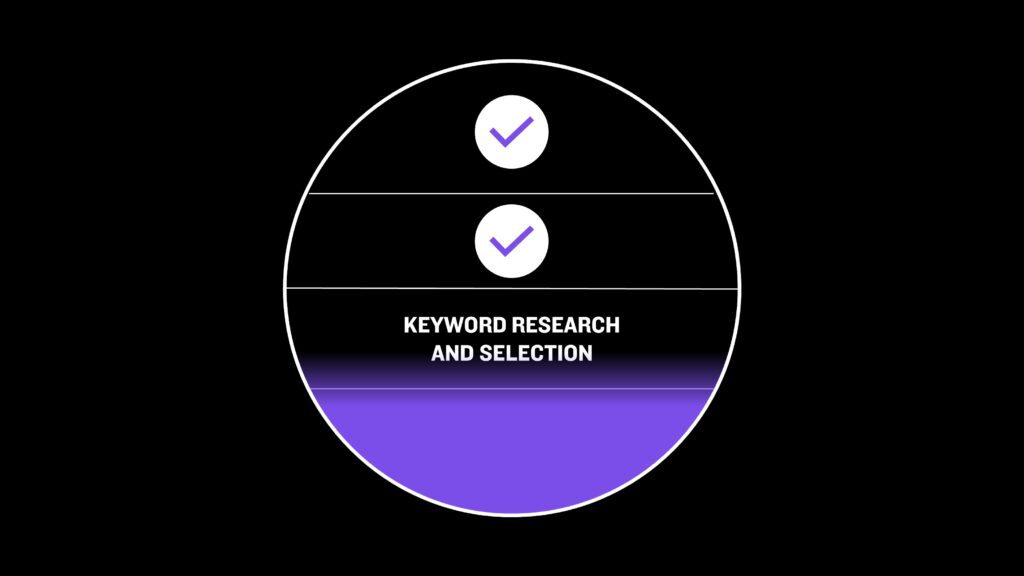
To get organic traffic, you need to know for which keywords your website will be able to rank highly. That’s why keyword research is an important part.
Keywords are words or phrases that people type into search engines when looking for something specific.
The goal of keyword research is to find out which keywords will lead to the most relevant results. To do a great job of keyword research, you will need to use tools such as SEMrush or Ahrefs.
These tools do a fantastic job of helping you find all the keywords related to your industry. They will show you the number of searches each keyword receives every month, along with other metrics such as difficulty level and competitiveness.
Then you need to select only the keywords that receive the highest volume of searches and yet have low competition. The reason for this is simple: the higher the competition, the harder it will be to rank well.
Here’s an example of good keyword research and selection:
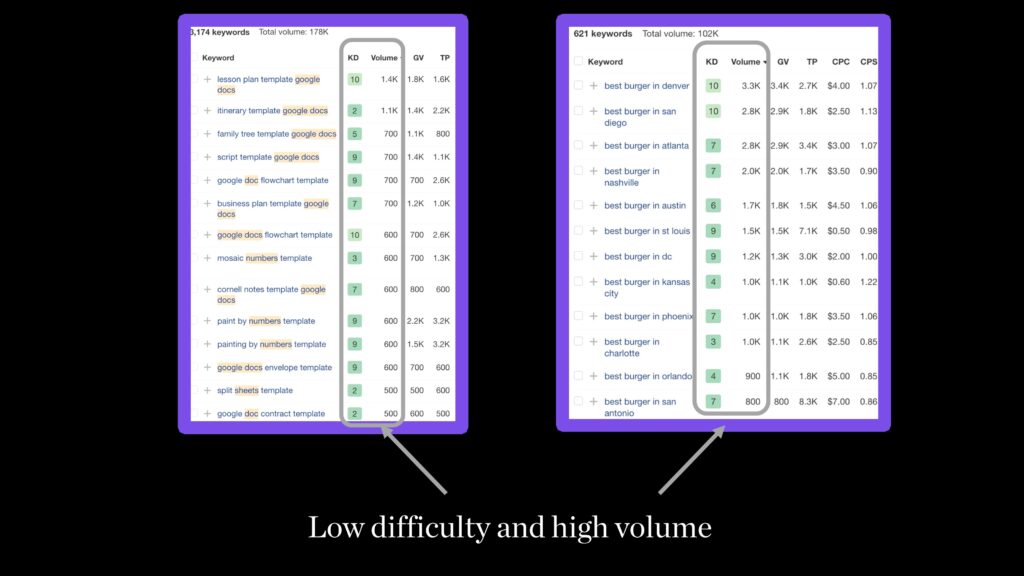
Low competition and high search volume.
4. Content outlining
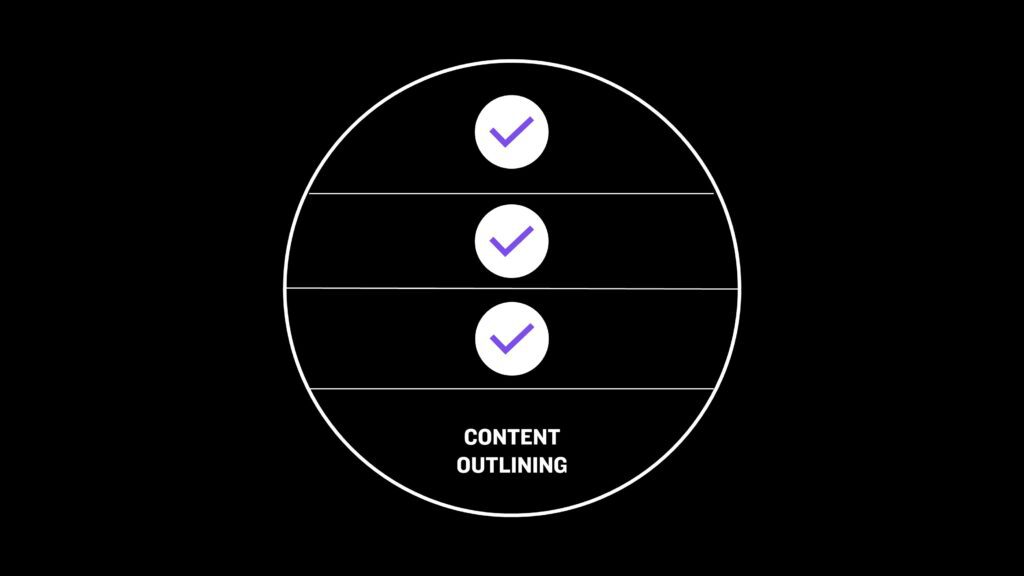
Now that you know what keywords you want to optimize for, you need to write outlines for content. These outlines will tell you exactly what you need to include in your content.
Your content outline should be like a skeleton for your content. It should contain the following elements:
- Title – A title is usually between 60-80 characters long. Make sure that it contains the keywords you selected from the previous step.
- Subheadings – Subheadings break up your topics into sections. Use subheadings to highlight different points within your content.
- Description of the person who would read your content – Describe who your ideal reader is. What kind of problems does he or she face? What do they want to find out?

Actual work for organic traffic

Now that you understand the prerequisites for getting organic traffic, let’s talk about actual steps you can take to start generating organic traffic.
1. Create content
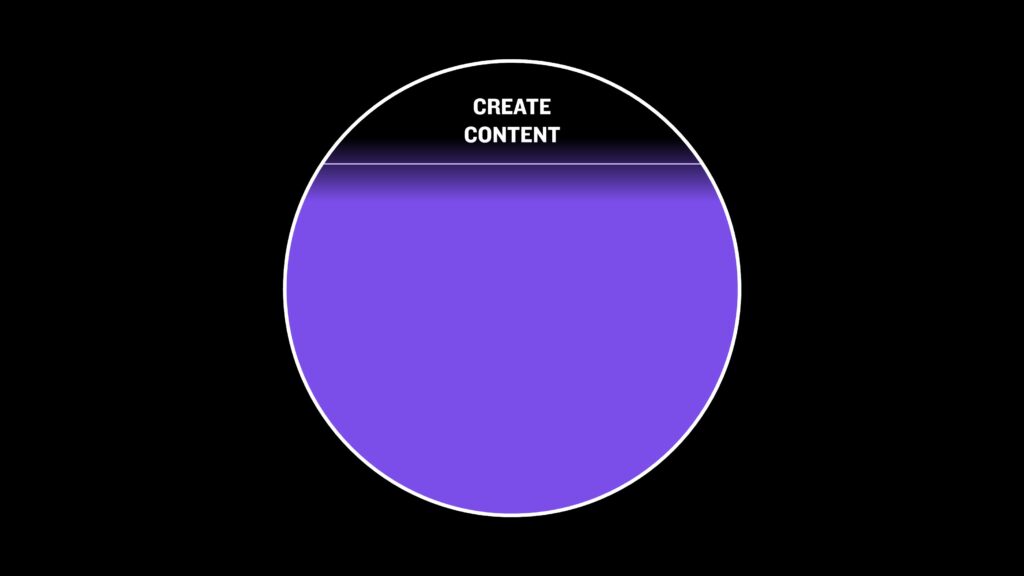
Writing and publishing quality content has never been easier than it is today. There are so many ways to create content these days that it’s hard to keep track of them all.
If you don’t have time, you could always hire someone else to do it for you. But if you really want to grow your business, then you need to invest some time into creating content yourself.
Content marketing strategies revolve around producing more content. You should try to publish new articles at least once a week.
If you publish long-form content on a regular basis with low-competition keywords, you’ll see steady growth in organic traffic over time.
There’s no need to complicate things, but if your blog topics are just half-baked content, you can not expect much success.
I mean, just think about why Google would put your piece of content on top of its search engine if your type of content isn’t even worth reading?
You need to make sure that your content is useful and valuable before you share it online. If you’re writing about something that is a watered down version of what is already ranking on page 1, you won’t get any traffic.
2. Track progress
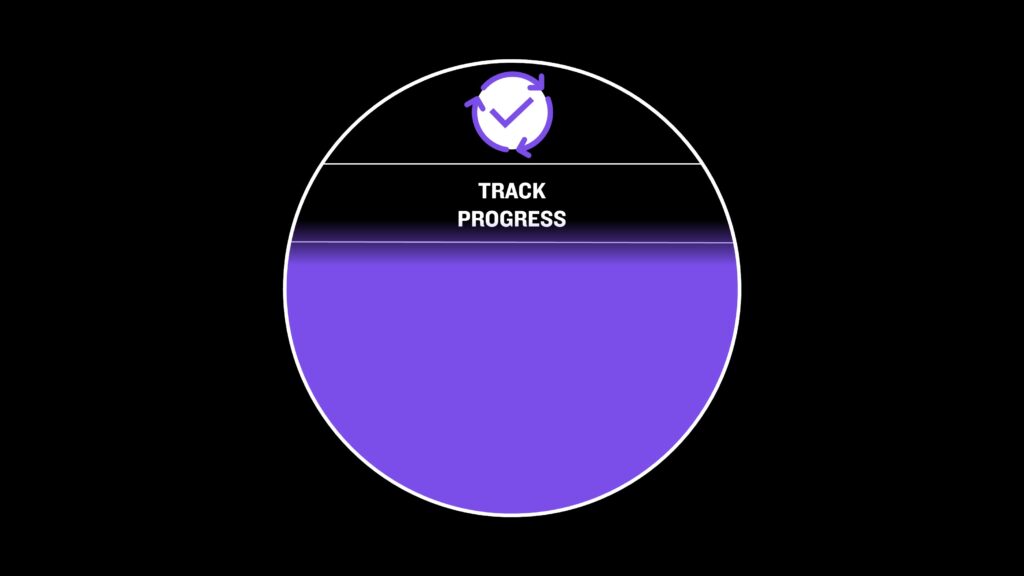
There are many SEO tools which can help you track keywords, and this is a common thing in any SEO strategy because tracking helps you understand if your efforts are paying off or not.
Both Ahrefs and SEMrush, which I’ve already mentioned, have ways to track keywords, but you could also use Google Search Console to see where your keywords rank.
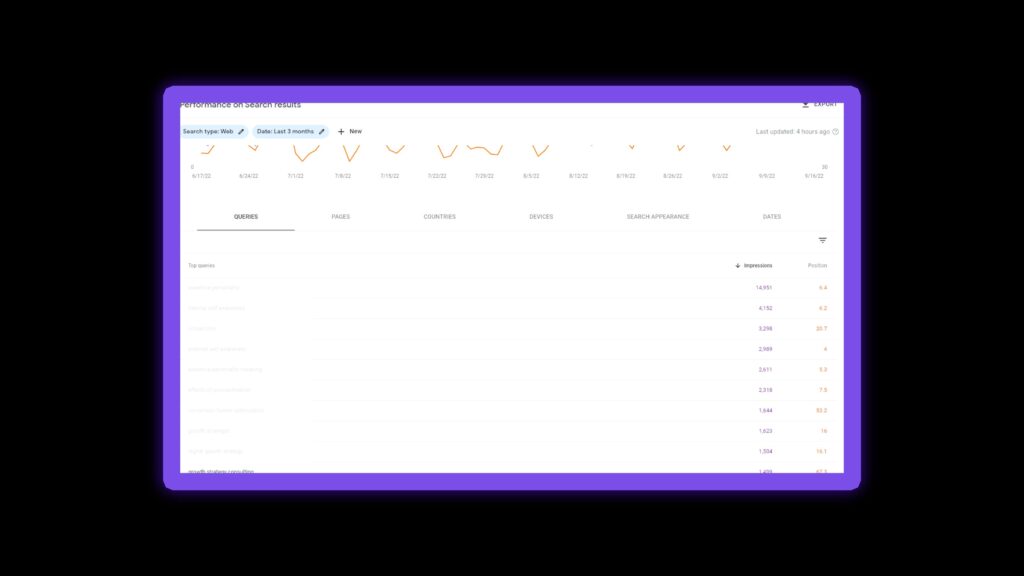
While you are tracking your progress, you should know that one very important ranking factor is on-page SEO.
I am saying this because it is not only about having good backlinks but also about how well optimized your pages are.
One great thing about the Google Search Console is that you can see long-tail keywords that you were not even aware of that you are ranking for.
You’d be surprised at how many impressions there are for some search terms.
3. Analyze results
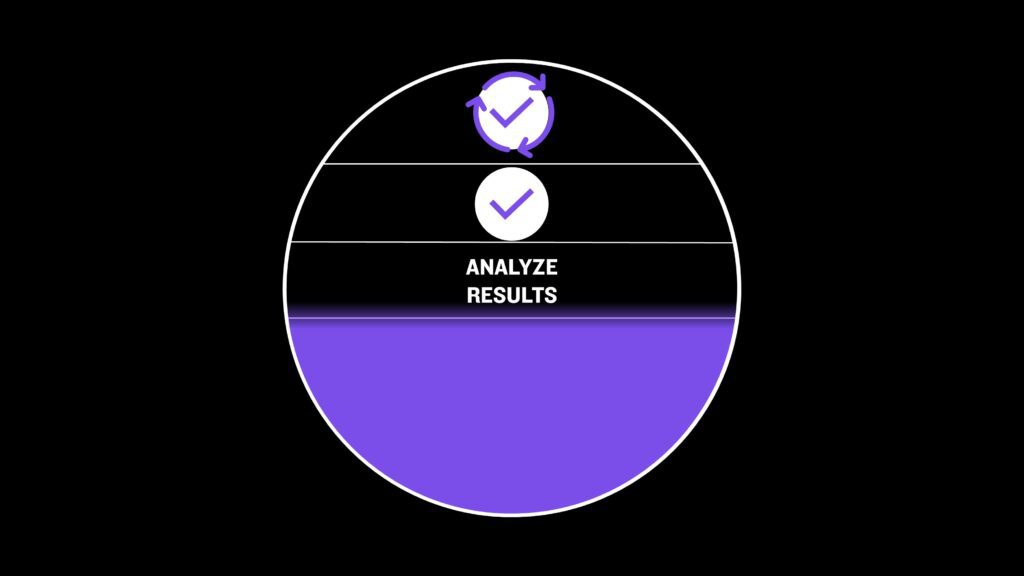
After about three months of consistent effort, you will notice a change in your website’s performance. This means that you’ve started to see an increase in organic traffic. Now, you need to analyze the results.
What did you do right? What can you improve?
One thing I want to give you a heads up on is that there’s an explosion in content, but that should not dishearten you. The reason is simple: most blog posts suck. They are either outsourced for cheap or written by an AI without taking searcher intent into consideration.
The only way to avoid such content is to write high-quality content yourself, but I’ll be 100% transparent. You can use AI for writing if it’s only assisting you in writing a post.
When you analyze the results, look for patterns. For example, if you see that your bounce rate has gone down, you might want to check out those pages and understand what’s going on on those pages compared to other pages.
See what keywords are bringing the most search traffic and, more importantly, are there particular keyword phrases that bring ideal customers to your site?
That’s one thing to analyze.
The second thing to analyze is your non-performing content.
If you spent a massive amount of time and effort to create a piece of content that barely has any impressions, then you need to see why.
It could be that you didn’t optimize it properly, or maybe you completely missed the search intent. You need to find out.
4. Upgrade content
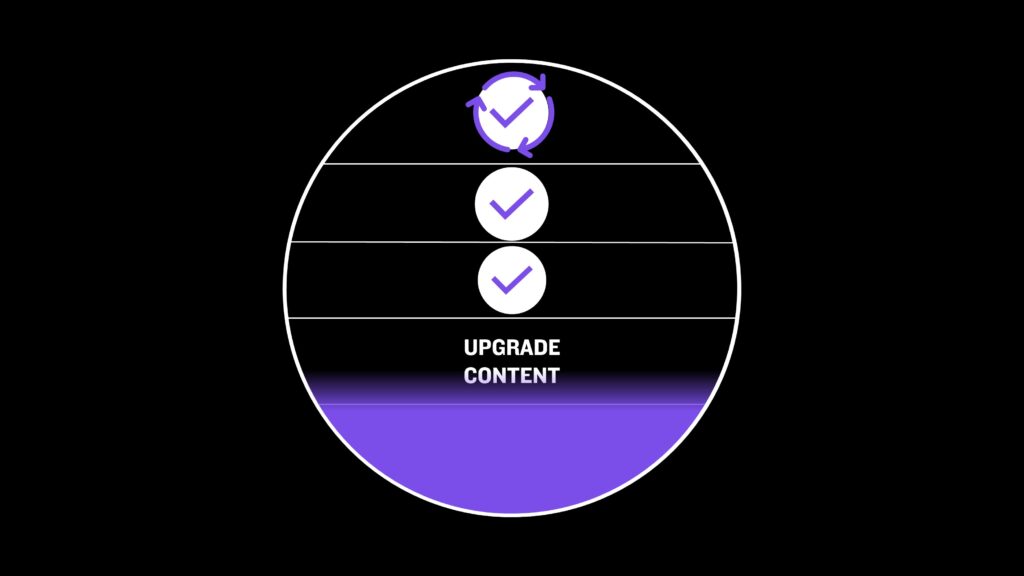
Once you find out that some content is ranking in 2nd or 3rd position and it is not moving to 1st position, you need to upgrade that content.
This doesn’t mean that you need to rewrite everything from scratch. Instead, you just need to add value to your existing content.
For example, let’s say that you wrote a guide on the top running shoes for men. You could add a frequently asked questions section, put a video at the top of the post, make an infographic, etc.
One thing is certain: you don’t want to have mediocre content, especially if you have a lot of organic search traffic.
When it comes to non-performing content, you will probably have to create more in-depth content. Think of your user intent and make sure it is more engaging content then the original article was.
5. Analyze new results
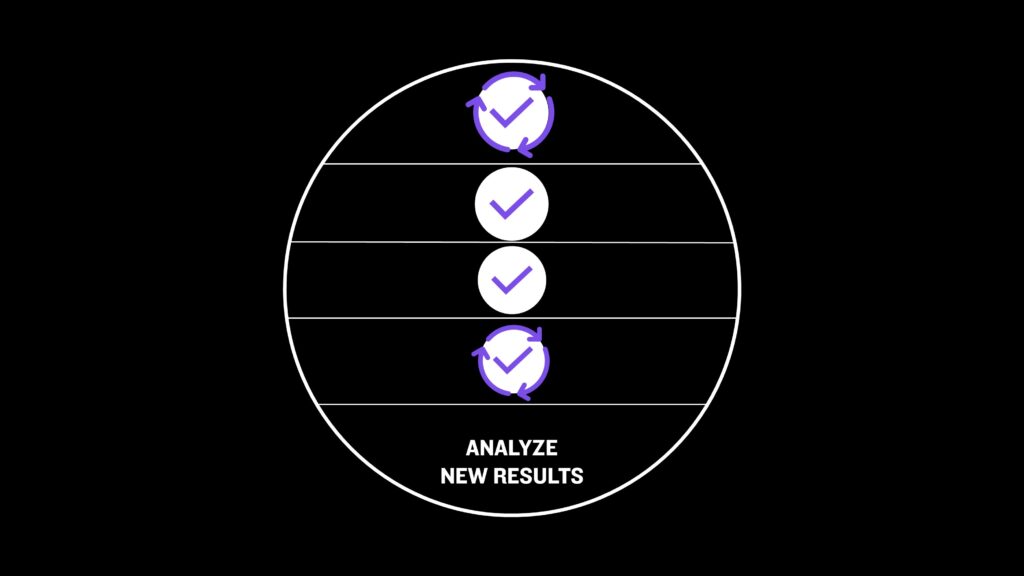
Now, when you’re done upgrading all your content, you need to wait another few weeks before you start analyzing new results.
There’s no point in rushing things. If you rush through this step, you may end up getting frustrated because you won’t know whether your efforts paid off or not.
Take a look at your Google Analytics data. What are your main traffic sources? Do you have any referral traffic coming from social media?
When you analyze your upgraded content, pay close attention to any noticeable changes and why they happened.
Content in search rankings is constantly changing, so you need to stay on top of these changes.
At the end of the day, you must be real if you have low-quality content and are trying to rank for some generic keywords or simply trying to rank for highly competitive keywords.
Post work to get more organic traffic

You should continue to create and publish new content, along with upgrading old content. On top of that, you can maximize your SEO by doing post work that many people overlook.
1. Maximize website performance
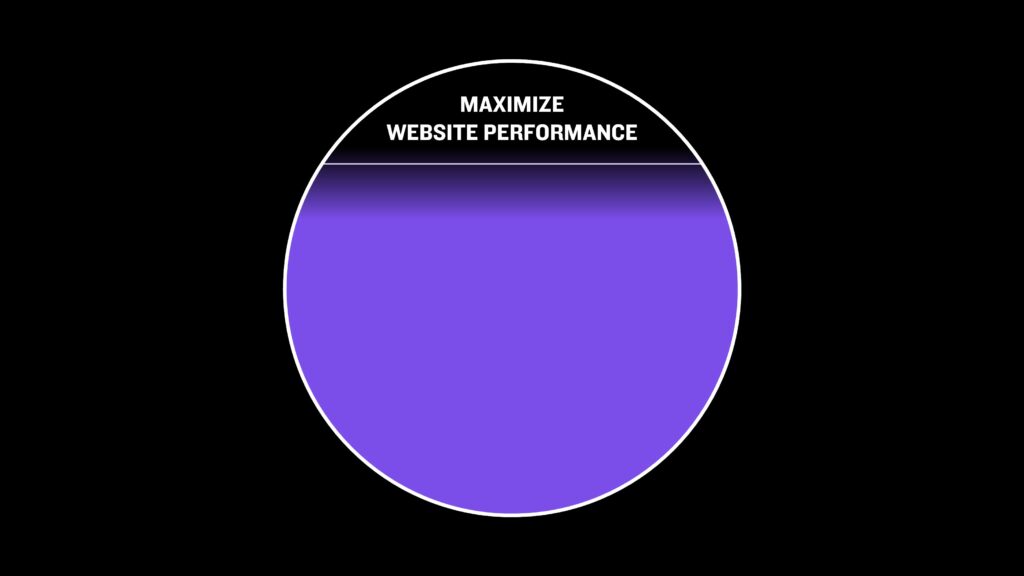
Your website’s speed matters. Google wants websites to load quickly, and they reward sites that load faster. So, if you haven’t optimized your website yet, you need to take care of that right away.
Many aspects of SEO are related to how well your website performs. For example, if your page loads slowly, users will leave quickly. Then, even if you have great content, you won’t get much traction.
2. Optimize images
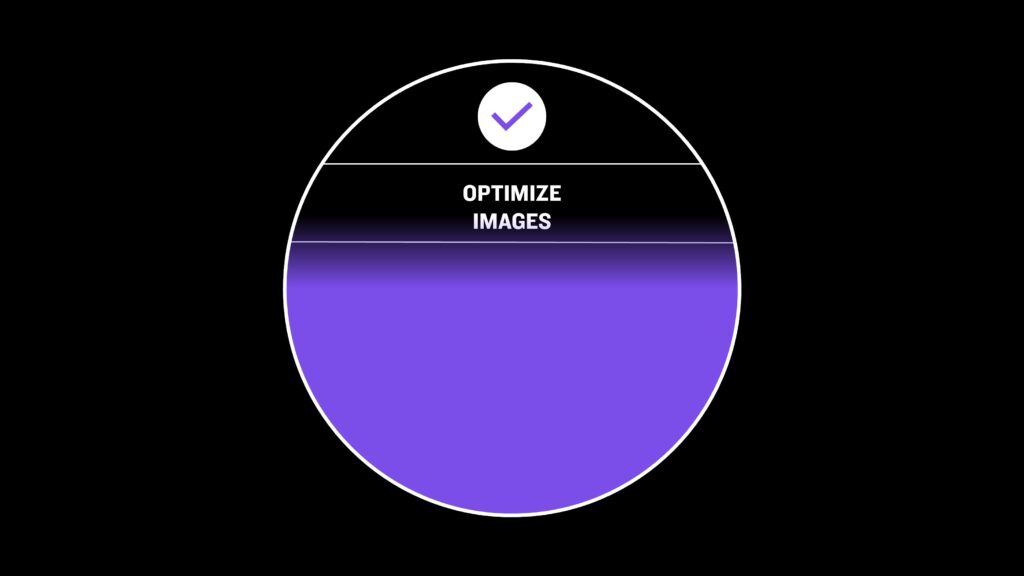
Images are a very important part of the user experience, especially when people read some in-depth articles. But, if you use too many images, it will slow down your loading times. That’s why you need to optimize them.
There are many tools available online that help you to optimize images, like TinyPNG, and you can use an option to lazyload images.
If you get many visits per month and you have great images that are optimized, you could have additional social media shares. This works really well if you have infographics or other types of visual content.
3. Attract high-quality backlinks
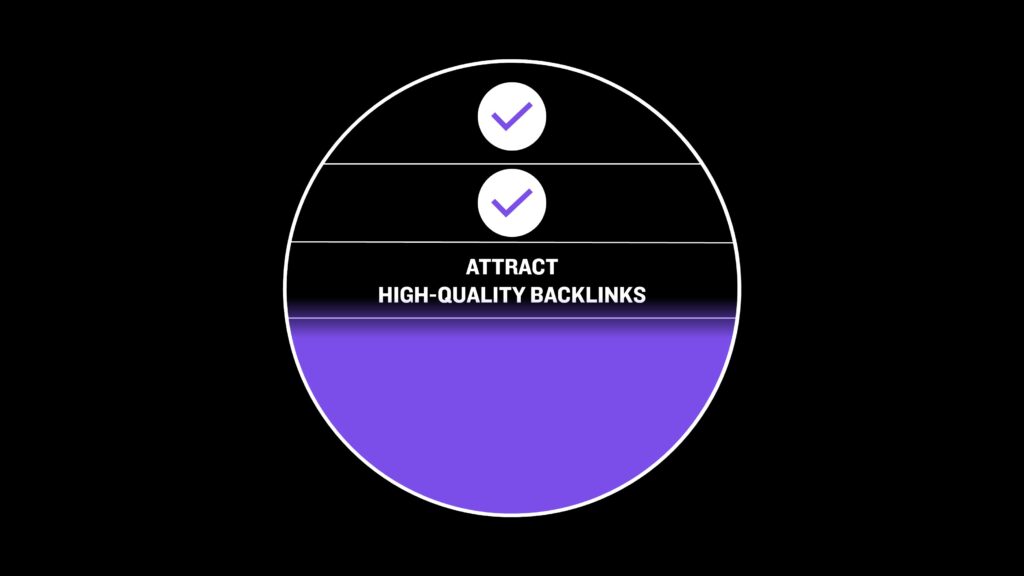
My recommendation is to not “build backlinks” or try to find broken links on external websites. Instead, focus on attracting quality links from relevant and authoritative websites.
You can do this by creating outstanding content such as helpful case studies and having internal links directed towards those pages.
Authority links will naturally come if you do good work, and it will attract higher quality backlinks, which will boost your site’s authority.
4. Use other sources of traffic to your advantage
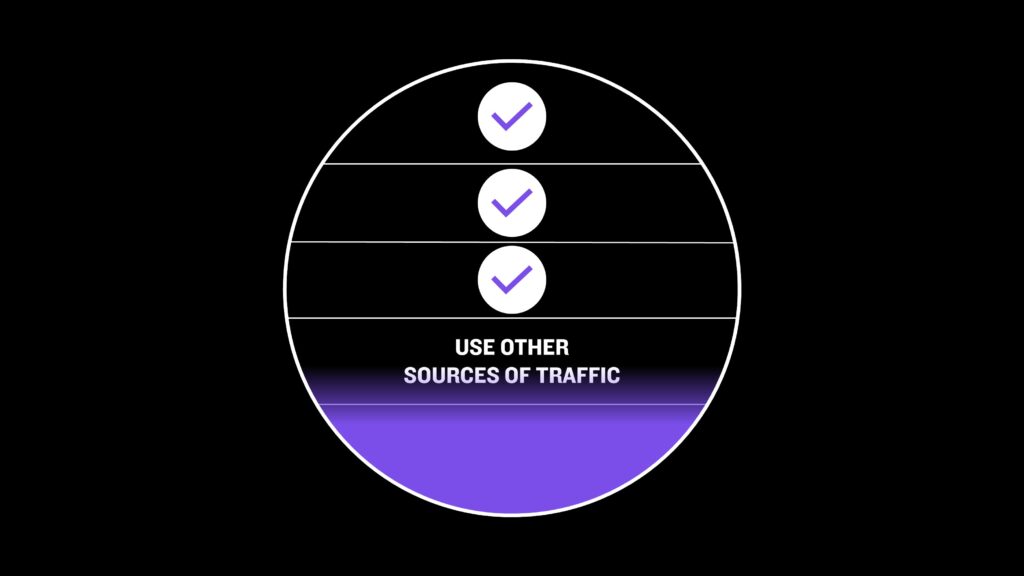
Social media marketing is one additional way to boost organic traffic. You can share your posts on Facebook groups, Twitter, LinkedIn, Instagram, etc.
Some websites gain a huge boost in organic traffic because of Reddit, all because of their community.
Some content creators also use video marketing to increase organic traffic. Video marketing is becoming increasingly popular.
5. Do guest blogging, posting and podcasting
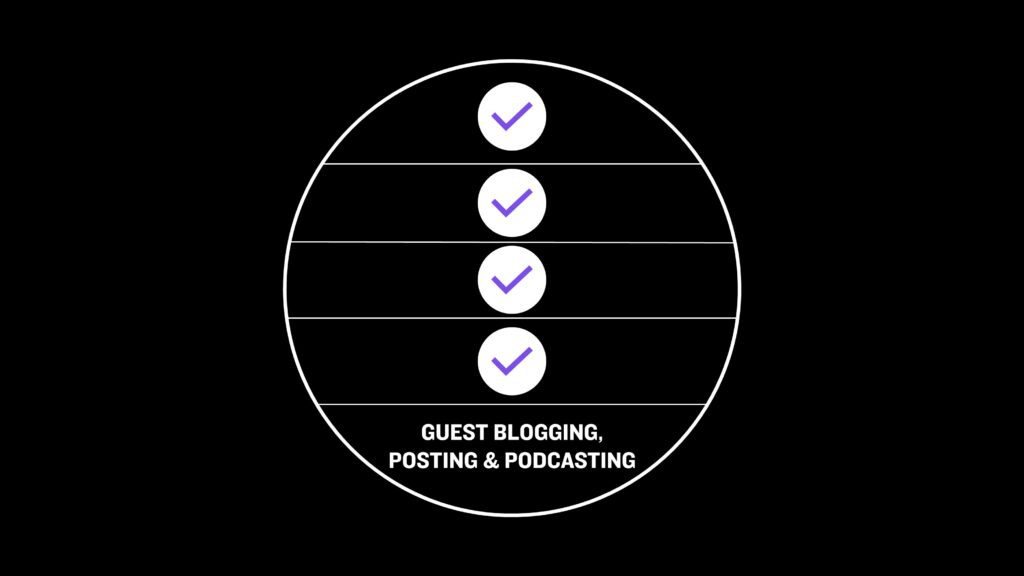
Guest blogging is another method to get free traffic. If you write a blog post about someone else’s topic, you may get a link back to your own website.
This is called reciprocal linking. There are lots of ways to do this, but I recommend doing guest posting on closely related blogs to your website.
To find which websites have a guest blog opportunity, you can type into Google “[your keyword]” + “guest post”
Besides guest posting, you could be a guest on podcasts and talk about your expertise.
Guest posting and being a guest on podcasts can be additional driving factors for getting more visitors to your website.
The Factors That Determine Organic Traffic Growth
Now that you know the realistic timeline of what matters when you want to have organic traffic grow, I will recap the main factors that determine the growth of organic traffic.
Just keep in mind that these factors are just guidelines. They don’t guarantee results because one algorithm update can change everything.
That being said, these factors are what help drive organic traffic growth based on my personal experience working on my website and working with my clients as growth strategist.
Quantity and high-quality content

An organic traffic strategy should focus on producing high-quality content. The more unique, useful, and engaging your content is, the better chance you have of having people visit your website.
If you can output a lot of content, then you’re going to see a significant amount of organic traffic growth.
There’s no reason to shy away from publishing two or three articles per day if you can produce them. Many organic visitors will appreciate the effort you put into providing them with valuable information. In addition, it’ll help you build authority in the long run.
Understanding market demand and keywords

Another factor that determines how much organic traffic grows over time is understanding the current demand for relevant topics and keywords you could cover.
You need to understand what kind of content people are searching for. This will allow you to create content that matches the demand.
I see so many businesses who publish content for something that is decreasing in demand. They think they’re creating good content, but they’re not.
It doesn’t matter how great your content is if you are focusing on the downward market trend.
Domain & topic relevancy

You want to stay in your lane and create relevant content. You don’t want to go off topic and try to compete with other websites.
For example, if you sell shoes, you shouldn’t be writing an article about how to make money online. Your domain’s relevance will determine whether or not you get organic traffic.
Yes, you could find some popular keywords and write about them, but you’d be wasting your time.
Your goal is to provide value to your audience by giving them relevant information. If you do this, you’ll see organic traffic increase over time.
The point is to develop a domain authority (DA) score. DA is a metric used to measure the quality and trustworthiness of a website. This means that when search engines look at your site, the higher your DA score, the more trustworthy it seems.
Good internal linking

Great content isn’t enough without proper internal linking. Internal linking allows you to connect related pages together.
This increases the chances of someone visiting multiple pages within your website.
If you write an in-depth article about one niche topic, you can link out to other posts that contain similar information.
This way, when someone visits your page, they can easily navigate through your entire website. Having these incoming links is a really easy yet effective way to grow your organic traffic.
User experience

A great user experience makes website visitors and potential customers stay longer on your website.
They’ll spend more time reading your content and interacting with your website. You could have different kinds of content, but the main thing is to make sure that everything is well-organized and easy to read.
When users visit your website, they should feel like they’ve found exactly what they were looking for.
In conclusion, there are several things that influence organic traffic growth.
Quality content, understanding market demand, proper keyword research, domain topic relevancy, internal linking, and great user experience all play important roles in determining how much organic traffic you receive.
These factors aren’t set in stone. There are always ways to improve each of them.
However, if you follow these guidelines, you should start seeing positive results.
Why does it take so long to get organic traffic?
Because search engines want to provide the best possible user experience and the most relevant information. However, this process takes time and resources, which is why it usually takes weeks or even years for a site to start showing up in search results.
Can I see an immediate increase in organic traffic?
No, you won’t see an immediate increase in organic traffic. It could take weeks or years before you start to see a positive ROI from your traffic-generating efforts. However, the effort will be well worth it, as you will be building a solid foundation for long-term success.
How long does it take for a new website to get traffic?
It depends on many factors, especially how competitive its niche is and how much work you are willing to put into getting traction. But generally speaking, it’s going to take at least 6 months up to one year before you start seeing any significant amount of organic traffic coming in. You need to make sure that you’re putting in enough time and energy into promoting your website.
Conclusion
I hope the question “how long does it take to get organic traffic?” has been answered in the best way possible.
Organic traffic is not something that happens overnight.
It’s a slow process that requires patience and consistency. It may seem frustrating at times, but rewards come in the form of increased brand awareness, customer loyalty, and, ultimately, sales.
If you do it right, organic site traffic accumulates overtime and that is one of the best things that you can ever achieve online.


